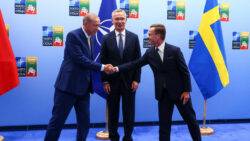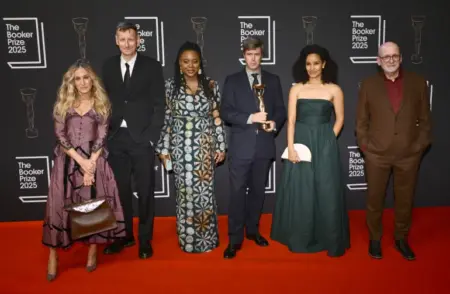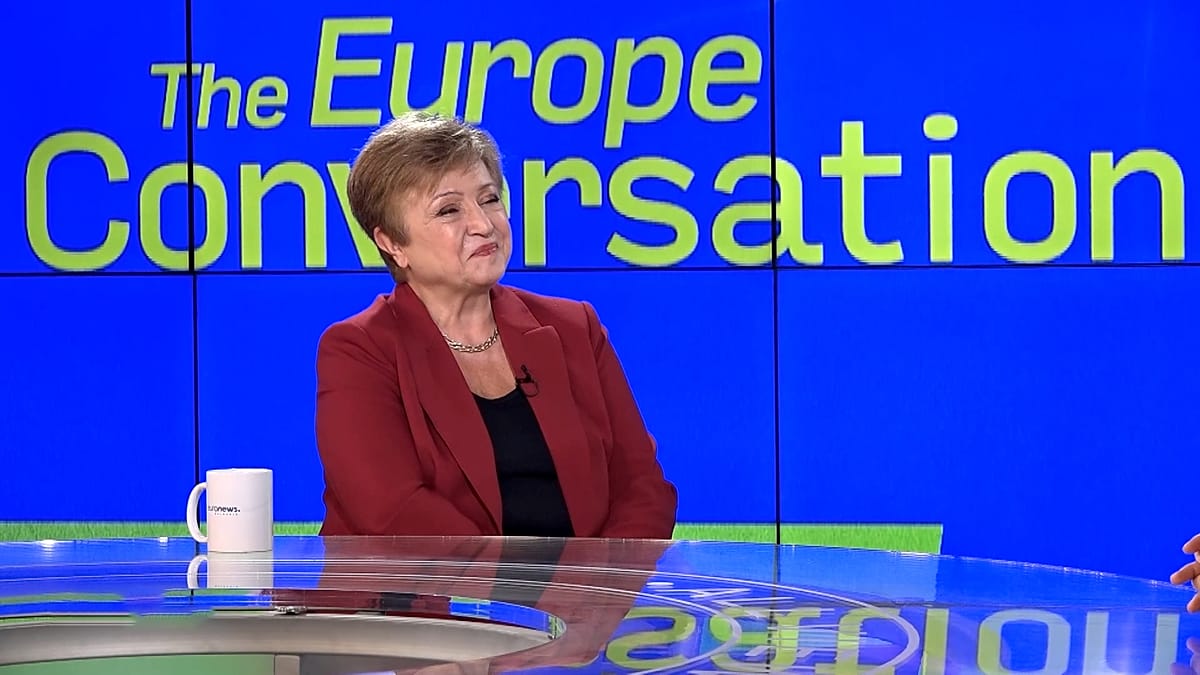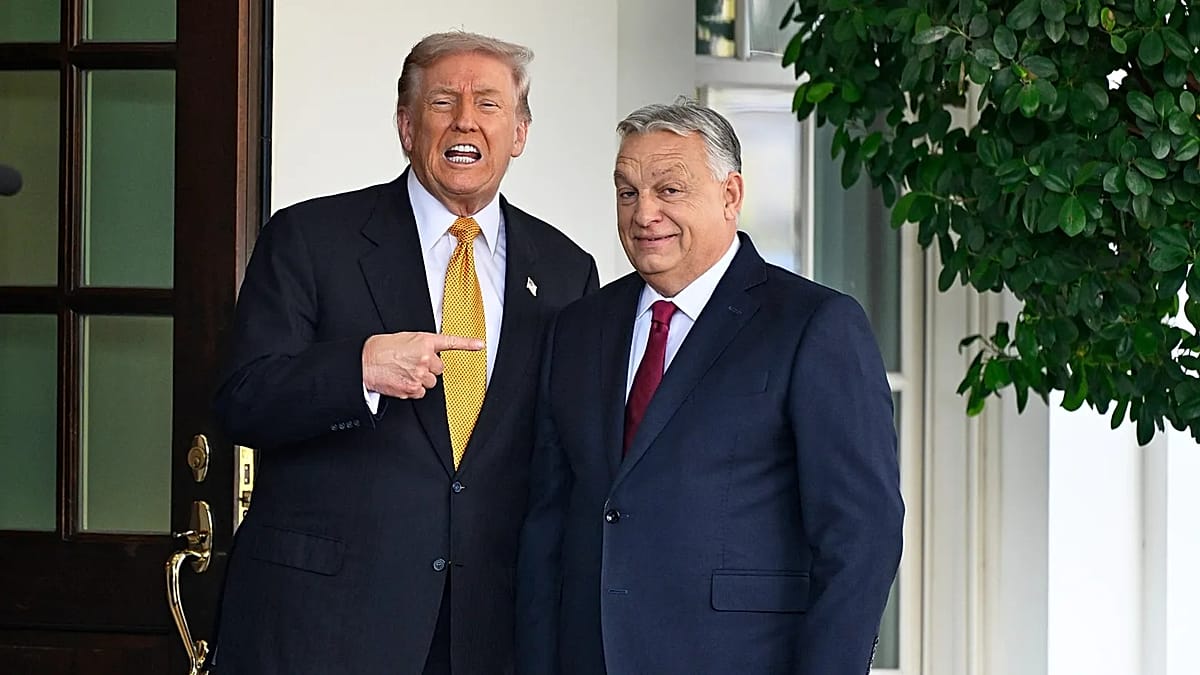Turkey agreed Monday to allow Sweden to join the NATO alliance, setting the stage for the allies to showcase their unity at a summit focused on securing support for Ukraine’s battle against Russia’s invasion.
President Recep Tayyip Erdogan‘s block on Sweden‘s membership bid had cast a cloud over preparations for Tuesday’s meeting, but Sweden and Turkey ironed out their differences in eleventh-hour talks.
After meeting Erdogan and Sweden’s Prime Minister Ulf Kristersson, NATO secretary general Jens Stoltenberg declared it had been a “historic day” after the Turkish leader agreed to back Stockholm’s application.
“Completing Sweden’s accession to NATO is an historic step that benefits the security of all NATO allies at this critical time. It makes us all stronger and safer,” Stoltenberg said.
Sweden’s bid must still be approved by the Turkish parliament, but Erdogan has agreed to push for its ratification.
Hungary is also yet to approve it, although Prime Minister Viktor Orban‘s government has vowed it will not be the last to make the step, implying it will move soon.
US President Joe Biden, also in Vilnius for the summit, thanked Stoltenberg and said: “I look forward to welcoming Prime Minister Kristersson and Sweden as our 32nd NATO ally.”
Turkey has been holding up Sweden’s application to join the Atlantic alliance, accusing Stockholm of harbouring Kurdish activists Ankara regards as terrorists.
And on Monday, Erdogan upped the stakes further, demanding that the European Union revive Turkey’s stalled EU membership bid as a precondition for Sweden joining NATO.
But the statement issued after the three-way talks stated that Turkey and Sweden would work closely in “counter-terrorism coordination” and boost bilateral trade ties.
‘Good meeting’
“Sweden will actively support efforts to reinvigorate Turkiye’s EU accession process, including modernisation of the EU-Turkiye Customs Union and visa liberalisation,” the statement said.
That agreement came after Erdogan paused his talks with Stoltenberg and Kristersson for a side meeting with EU chief Charles Michel, president of the European Council.
Michel hailed a “good meeting”, adding that they had “explored opportunities ahead to bring EU-Turkey cooperation back to the forefront and re-energise our relations”.
Turkey has been a formal candidate to join the European Union since 2005, and an aspirant since long before that, but talks have long been stalled with little sign of life.
But Monday’s statements imply Ankara and Brussels may move on boosting trade, updating their customs agreements and loosening visa rules in the absence of formal membership talks.
EU members remain sceptical of Ankara’s commitment to democratic and rule of law reforms, and Germany’s Olaf Scholz insisted Sweden and Turkey’s ambitions are not linked.
“Sweden meets all the requirements for NATO membership,” Scholz said in Berlin.
“The other question is one that is not connected with it and that is why I do not think it should be seen as a connected issue.”
Separately, Ukraine welcomed a move forward in its fight for a guarantee that it will be able to join the Western alliance as a full NATO member if and when it defeats the Russian invasion.
Long-awaited decision
A Western official told WTX News the allies will drop the requirement that Kyiv complete a “Membership Action Plan”, a kind of road map to military reform that some allies have had to follow.
Ukraine’s foreign minister said this concession – which Moscow warned would have serious consequences for European security — would reduce Kyiv’s path to NATO membership.
“I welcome this long-awaited decision that shortens our path to NATO,” Dmytro Kuleba tweeted.
“It is also the best moment to offer clarity on the invitation to Ukraine to become member.”
But NATO leaders remain divided over offering Ukraine a clear route into the alliance in Vilnius.
While Eastern allies are pushing for Kyiv to get an explicit commitment on when it can join, the United States and Germany are reluctant to go beyond an earlier vow that Ukraine will become a member one day.
Meanwhile, Ukraine’s deputy defence minister Ganna Malyar said Kyiv’s troops had established fire control over the “entrances, exits and movement of the enemy around the city” of Bakhmut.
WTX





